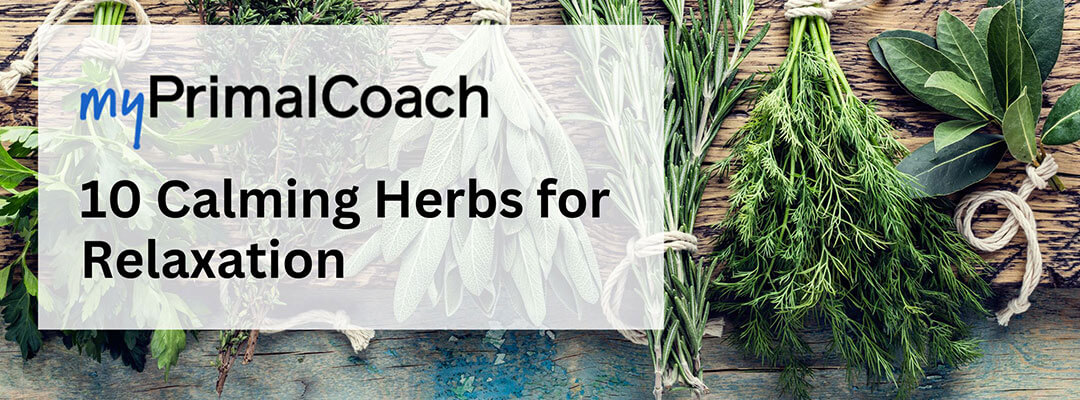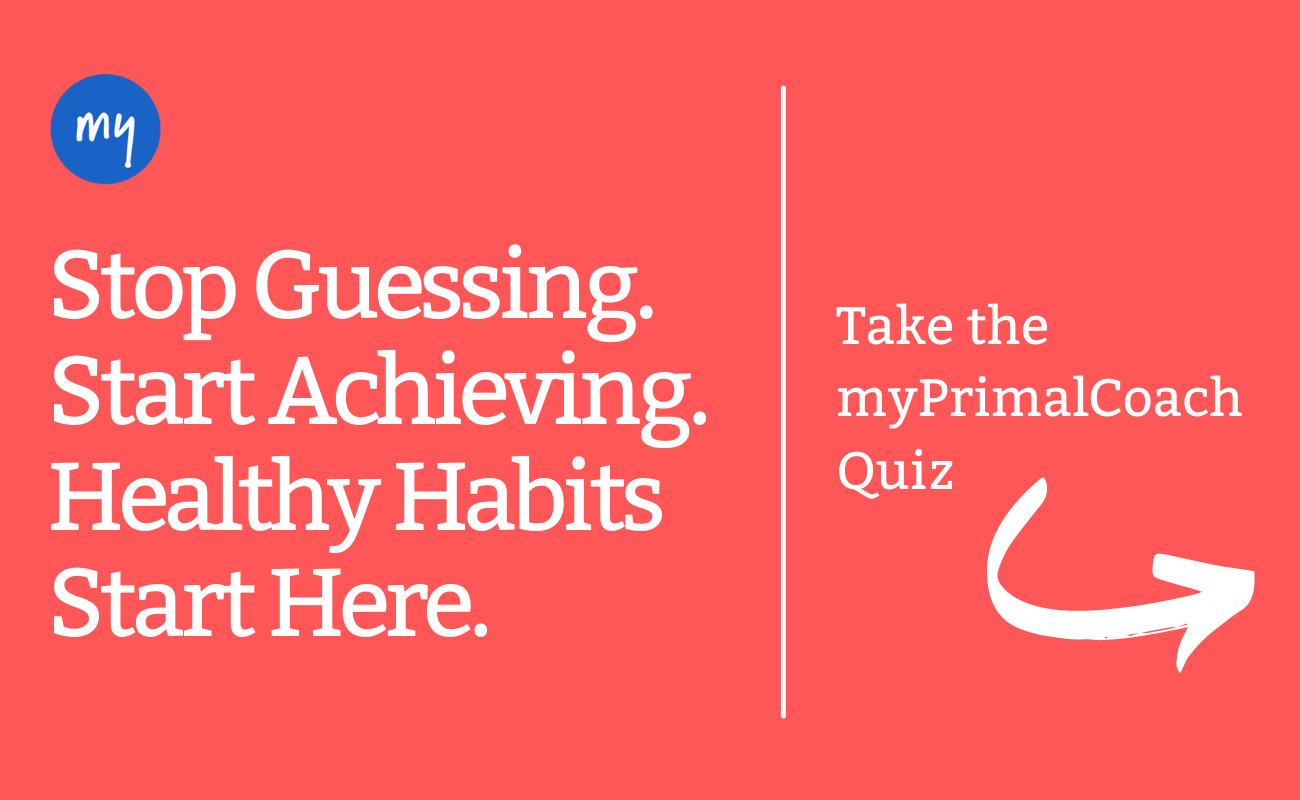If you're feeling stressed or anxious in today's fast-paced world, you're definitely not alone! Fortunately, plenty of natural remedies are available to help you feel calm. Herbs for relaxation are a great option to consider, as they have much less potential for any side effects than conventional therapies.

Calm your nerves with these ten herbs for relaxation.
In addition to fewer side effects than prescription medicine, herbs are likely more affordable and easily accessible. Those who prefer a natural and holistic approach to combat anxiety symptoms will find herbs for relaxation especially helpful. There is no shortage of herbal options lining the shelves. They come in many forms including teas, tinctures, oils, and supplements.
If you’re curious about herbal treatments but not sure where to start, this article will have you sipping some sleepytime chamomile tea before bed and dropping lavender essential oil in your bubble bath in no time. We'll explore what herbs are, some of the most popular herbs known for their relaxing properties, and how they can help you manage stress and anxiety.
What Are Herbs?
Herbs are plants used for their flavor, fragrance, medicinal, or therapeutic properties. For centuries, people have used a plant's leaves, flowers, or stems for various health benefits and culinary purposes. People use herbs in a variety of ways, including teas, tinctures, capsules, and essential oils. Herbs are a natural alternative for those wanting to support the body’s functions and overall wellness without using medicine or pharmaceuticals.
Herbs have been used for relaxation and stress relief for centuries. Ancient cultures such as the Egyptians, Greeks, and Romans believed in herbs' healing power and anti-anxiety effects to help ease stress and promote relaxation. For thousands of years, practitioners of traditional Chinese medicine have used soothing herbs like ashwagandha and holy basil to help calm the mind and balance the body. Today, people still use chamomile, lavender, and valerian root, amongst others, as popular herbal remedies for relaxation. You can find them in many forms including teas, capsules, and oils.
10 Calming Herbs for Relaxation
- Chamomile is well-known for its calming properties and is often used to soothe nerves and reduce anxiety. A 2016 study found that chamomile reduced moderate to severe anxiety in adults. But, when they stopped taking it, the chamomile group was no less likely to relapse than the placebo group. Chamomile is usually consumed as a tea, taken in supplement form, or applied topically in creams and ointments.
- Lavender is another herb that is commonly used for relaxation. Its scent has a calming effect and can help reduce feelings of stress and anxiety. You can use lavender in essential oil form, as a tea, or in supplement form. A study published in 2009 found that lavender is as effective as lorazepam for adults with generalized anxiety disorder. Lorazepam is benzodiazepine known by its brand name Ativan.
- Valerian Root is a potent herb that is often used to help promote relaxation and sleep. It is believed to work by increasing levels of a neurotransmitter called GABA, which has a calming effect on the nervous system. A meta-analysis published in 2020 found that valeriana officinalis could be safe and effective for promoting sleep.Valerian root extracts come in capsules, tablets, and teas. They can be found in many health food stores and online.
- Lemon Balm is derived from the leaves of the lemon balm plant. It is often used as a natural remedy to help with anxiety, stress, and sleep problems. Lemon balm extract is believed to increase levels of GABA in the brain, which helps to promote relaxation and reduce anxiety. A meta-analysis from 2021 found that lemon balm improved anxiety and depression scores in participants. Additionally, there is anecdotal evidence that lemon juice may help with anxiety attacks as well.
- Ashwagandha - In traditional and alternative medicine, people commonly use Ashwagandha for relaxation. It is an adaptogenic herb believed to help the body adapt to stress and maintain balance. A study published in 2019 concluded that ashwagandha is beneficial for reducing stress and anxiety. Participants in the study who took ashwagandha root extract had lower cortisol in their blood at the end of an eight-week period. For those with autoimmunity, note that ashwagandha is a nightshade. It may make your immune system more active.
- Peppermint’s cooling and refreshing effect may help ease tension and promote a sense of relaxation. Many believe that menthol in peppermint has a calming effect on the body. The scent of peppermint may help to reduce stress and anxiety. A study published in 2020 found that menthol lowered the level of cortisol in the blood and reduced anxious behavior in mice. Some people find that peppermint tea or essential oil can be especially helpful for improving sleep quality.
- Holy Basil (Tulsi) is an herb that has been used for centuries in traditional Ayurvedic medicine. It is native to India and Southeast Asia and is known for its therapeutic properties. Like ashwagandha, holy basil is also an adaptogenic herb. It is prized for its potential to promote relaxation and reduce stress. Holy basil is believed to work by regulating cortisol levels, the hormone responsible for stress and anxiety in the body.Holy basil is also rich in antioxidants and has anti-inflammatory properties. A 2011 study found that people taking holy basil extract daily had less anxiety, stress, and depression. They also felt more social overall. Holy basil can be consumed in various forms, including teas, supplements, and essential oils.
- Kava Kava is a plant native to the South Pacific region, particularly in Polynesia and Micronesia. The root of the plant is used to make a drink that has sedative effects. People in the Pacific Islands commonly consume it in social and ceremonial gatherings. They also use it as an herbal remedy for anxiety, stress, and insomnia. In a 2013 clinical trial, participants using kava kava had less anxiety than the placebo group. It is important to note there is concern kava kava can cause liver damage, so always consult your healthcare provider before using any kava products.
- Skullcap - The popular flowering plant skullcap is known for its relaxing properties. It is often used as a natural remedy for anxiety, stress, and insomnia. Many people find that skullcap helps them to feel calm and relaxed, making it an ideal choice for those who have trouble sleeping or who suffer from anxiety. Skullcap contains compounds that have a mild sedative effect. It's often taken as a tea, supplement form, or massage oil and can be found in many health food stores and online retailers.
- Stinging nettles are an herb that has been used for centuries to help with a variety of health issues, including anxiety. They are known for their anti-inflammatory properties, which can help reduce stress and promote relaxation. In addition, stinging nettles are rich in nutrients such as vitamins A and C, which can help support overall health and well-being. You can take stinging nettles as a tea, supplement, or even add them to food dishes.
Summary
Overall, herbs can be a great natural way to help manage anxiety and stress. However, herbs are not a substitute for medical treatment. It's essential to talk to a healthcare professional before using any herbs for relaxation. This is especially true if you are taking medication or have a medical condition. If you have chronic anxiety that interferes with your daily life or are suffering from depression, it is best to add a mental health professional to your healthcare team.
If you’re curious about trying herbs for relaxation, a myPrimalCoach can help you determine the best addition to your overall health and wellness routine. Health food stores are chockfull herbal products. But, it's best to check the ingredients and dosage listed by the manufacturer when you work with your coach.

